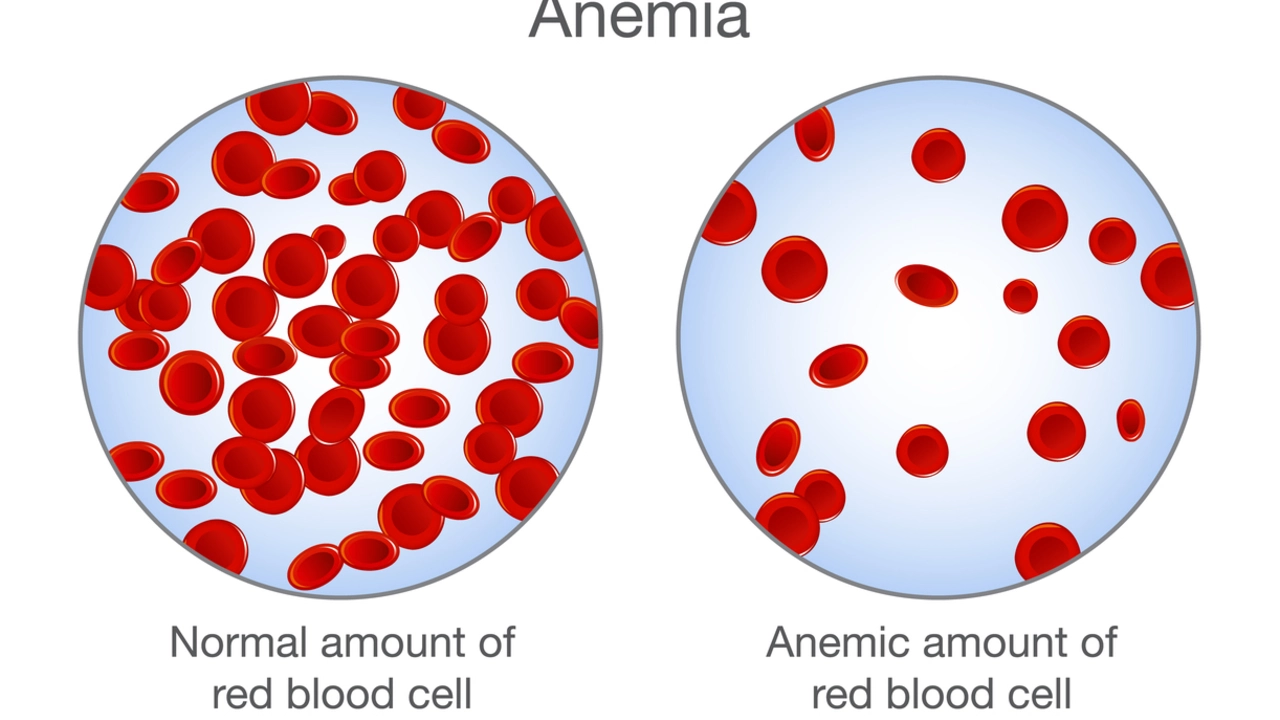Iron – Everything You Need to Know
Feeling tired all the time? Your iron levels might be the hidden culprit. Iron is the mineral that carries oxygen around your body, so when it’s low you’ll notice sluggishness, short‑breath, or cravings for ice. The good news? Fixing it is usually simple – a few food tweaks and smart supplement choices can make a big difference.
Why Iron Matters
Your red blood cells are packed with hemoglobin, a protein that needs iron to bind oxygen. Without enough iron, the blood can’t deliver oxygen efficiently, which shows up as fatigue, headaches, or even dizziness during exercise. Women of childbearing age, athletes, and people on plant‑based diets are most at risk because they either lose more iron or eat less of it.
Iron also helps your immune system stay sharp and supports brain function. Low iron has been linked to trouble concentrating and a weaker response to infections. That’s why doctors often check iron levels when you report persistent tiredness.
Getting the Right Amount
The Recommended Dietary Allowance (RDA) for iron varies: about 18 mg per day for adult women, 8 mg for men, and a higher 27 mg during pregnancy. You don’t have to count every milligram – focus on iron‑rich foods and pair them with vitamin C to boost absorption.
Top food sources include lean red meat, chicken liver, beans, lentils, tofu, spinach, and fortified cereals. For example, a cup of cooked lentils gives you roughly 6 mg of iron, while a single steak can deliver 5–7 mg. Adding a squeeze of lemon juice or a side of orange slices can double the amount your body actually uses.
If diet alone isn’t enough, an iron supplement may help. Look for products labeled “ferrous sulfate” or “iron bisglycinate” – they’re generally well absorbed. Start with a low dose (around 15 mg elemental iron) and take it on an empty stomach unless you get stomach upset; then a small snack is fine.
Be careful with calcium‑rich foods, coffee, tea, or antacids at the same time as your supplement – they can block absorption. Also, avoid taking high doses for longer than a few months without medical guidance because excess iron can damage organs.
If you suspect a deficiency, get a simple blood test that checks ferritin and hemoglobin. Your doctor can confirm whether you need supplements or just dietary changes.
Bottom line: keep an eye on how you feel, choose iron‑packed foods regularly, pair them with vitamin C, and use supplements wisely if needed. With these steps you’ll likely notice more energy, clearer thinking, and a stronger immune response in no time.

The Role of Iron in DNA Synthesis and Anemia Prevention
Harrison Greywell Jul, 12 2023 14In my latest research, I've discovered the crucial role iron plays in DNA synthesis and anemia prevention. Iron is an essential component in the production of DNA, and a deficiency can lead to hindered cell growth and division. Furthermore, iron is vital in producing hemoglobin, a protein in red blood cells that transports oxygen throughout our bodies. If iron levels are too low, anemia can occur, leading to fatigue and weakness. So, maintaining adequate iron levels is crucial for both DNA synthesis and preventing anemia.
More Detail